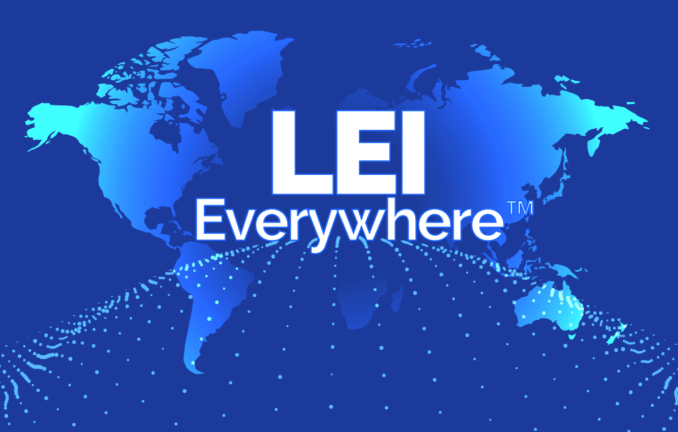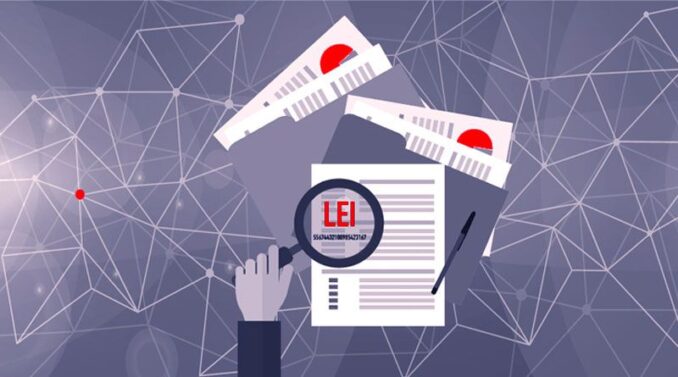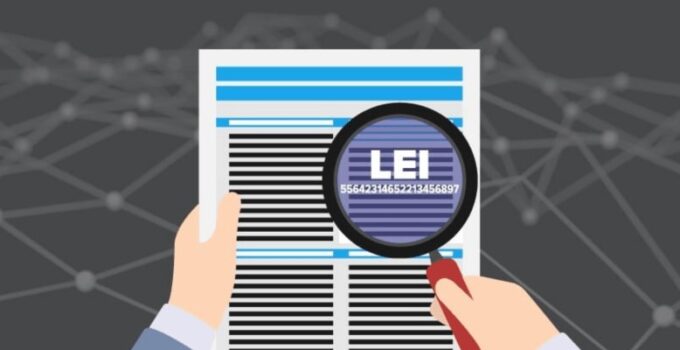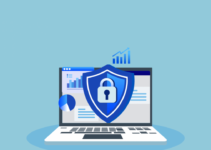What exactly is an LEI?
The term “Legal Entity Identifier” is often abbreviated as “LEI.” The Legal Entity Identifier (LEI) is a twenty-character alphanumeric number that can be used to identify businesses and other legal organizations that engage in stock and security trading on a global basis. This includes certain regions inside the United States.
In the same way that an international company number can be used to identify a business, a Legal Entity Identifier (LEI) code can recognize businesses that engage in international commerce.
An LEI code cannot be obtained for free and must be renewed on an annual basis. At LEI Service, leiservice.com provide you with automatic renewal for a number of years, and you have the option to purchase an LEI code for 1, 3, or 5 years at a time.
The LEI grading system

Source:rapidlei.com
Your LEI code will always have the same structure, and it will always be a part of the same system, no matter what kind of business you run. The following pieces of information are associated with the alphanumeric sequence.
The official name of the registered legal entity, the address, the nation, the country code, and perhaps districts, the first date of registration for the LEI, the date of the most recent update, and the date that the registration will be determined expire.
Each and every LEI code is one of a kind, and it can only be obtained through the Local Operating Units (also called LOUs). The Legal Entity Identifier (LEI) number is composed of three parts and is composed of numbers that are based on the ISO 17442 standard.
- Characters 1 through 4: Identification of the LOU (Local Operation Unit), which is the organization that issues the LEI code.
- Characters 5-18: The identification of the legal entity that the LOU issuer has assigned
- The security digits are located between characters 19 and 20.
About GLEIF

Source:a-teaminsight.com
All LEIs can be accessed by the public and are included in the worldwide LEI register, which is managed by GLEIF (Global Legal Entity Identifier Foundation). The GLEIF is a charitable organization that was established with the mission of protecting the honesty of the worldwide LEI system.
GLEIF is responsible for monitoring the quality of LEI data and ensuring that it maintains its position as the gold standard for providing the public with accurate information regarding the data of legal entities. The LEI Regulatory Oversight Committee (ROC), which is made up of numerous different global financial institutions, is the body in charge of regulating GLEIF.
LOU is also an essential thing
The issue and publication of an individual LEI number both take place through a Local Operating Unit (LOU), which must be approved by the Global Legal Entity Identifiers Framework (GLEIF). LOUs and registration agents work closely together to provide assistance to legal entities in the process of applying for LEI codes.
There are currently 39 local operating units (LOUs) around the world, while there are a number of organizations that offer assistance to entities in acquiring their LEI code and are referred to as registration agents. A registration agent is someone who helps legal entities access the network of LOUs, which are the entities who are responsible for completing the LEI issue and other services associated with it.
A good example of an official registration agent is LEI Service. They offer services such as registration, transfer, and renewal, in addition to acting as the principal point of contact for legal entities that are looking to acquire an LEI code.
When and why the LEI system was established
In the wake of the global financial crisis, the Legal Entity Identifier (LEI) system was developed to foster greater openness in the data systems and transactions of the financial sector, with the goal of preventing money laundering and other forms of financial fraud.
In 2011, the countries that make up the G20 tasked the Financial Stability Board with coming up with a recommendation for a system that could guarantee the one-of-a-kind identification of any legal entities that take part in international financial operations.
The Financial Stability Board recommended the establishment of a Global Legal Entity Identifier System, complete with oversight. In the financial markets, the LEI system helps maintain integrity while also lowering the risk of manipulation and economic crime. In addition to this, it ensures that the data used in financial analysis are of high quality and correctness.
The LEI system consists of three separate lairs, which ensures that all of the power is not centralized in a single location. The framework was designed to ensure that LEI is trustworthy, transparent, and reliable in the following ways:
- The Regulatory Oversight Committee, often known as ROC, is a board that oversees the overall control of the system. It is made up of various bodies responsible for regulation.
- The Global Legal Entity Identifier Foundation, or GLEIF, is an organization that operates on a purely charitable basis and is in charge of coordinating and controlling the LEI codes.
- The LOU, also known as the Local Operating Unit, is a local organ that is in charge of issuing LEI codes to applicants.
The LEI system’s purpose

Source:pinterest.com
The methods used to designate units in various markets and countries around the world are numerous. There will only be one LEI system in use once the Global LEI System (GLEIS) is completely operational. The goal is to standardize and make it simple to identify any LEI code, anywhere in the world. The LEI system has three major advantages:
- It decreases the time and effort required to identify the parties involved in financial transactions.
- It facilitates the tracking of legal entities involved in a financial transaction.
- As a result, an illegal activity involving financial transactions is more readily uncovered.
More than 40 nations now use the LEI system, including sections of the United States and the European Union as a whole.
Conclusion
From the above, we conclude that local Operating Units issue LEIs (also called LOUs). LEI codes aren’t free and must be renewed annually. LEI Service offers 1-, 3-, and 5-year automatic renewals. GLEIF regulates LEIs. GLEIF monitors LEI data quality to ensure it remains the gold standard for reliable legal entity data.
The LEI system has three lairs to prevent power from being consolidated. Standardizing and simplifying LEI code identification worldwide is the goal. It ensures LEI’s reliability, transparency, and trustworthiness. This is all about an LEI and its benefits if you want to know more visit, leiservice.com.





